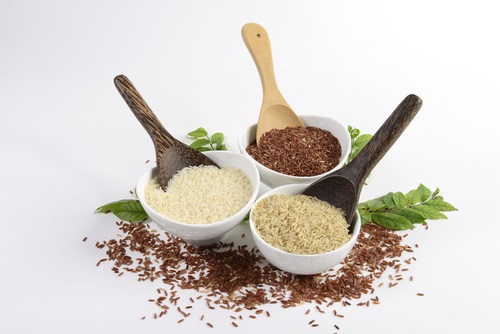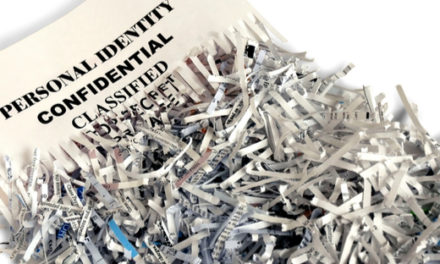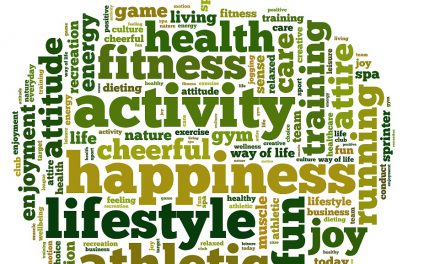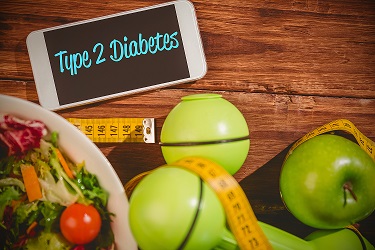
Carbohydrates: What and Why
So it is time to bring a little clarity to the carb discussion. Carbohydrates themselves are not bad; we just need to pay attention to the amount we consume and try to avoid the carbs that mess with our brain and metabolism.
To view the full article please register below:
Carbohydrates: What and Why
Why are carbohydrates getting such a bad rap these days? As you may know, following a low-carb diet for weight loss has become very popular and for good reason. Research has proven that reducing the amount of carbohydrates in the diet is an effective strategy for many people. But first, you must understand that carbs themselves are not bad; the main issue is the quality and quantity of carbohydrates consumed.
I think most of us would probably admit carbs are the devil since they are so difficult to avoid. In Robb Wolf’s latest book “Wired to Eat,” he explains how and why the human brain and body crave this troublesome macronutrient. With just a little bit of processing, carbs can become an addictive substance—even as addicting as drugs, alcohol and tobacco. One example of how carbohydrates can be a problem is to realize how often we gravitate toward them whenever we have an “off” day. We simply need a little fix to make ourselves feel a bit better, be it salty or sweet; sounds like an addiction to me.
So it is time to bring a little clarity to the carb discussion. Carbohydrates themselves are not bad; we just need to pay attention to the amount we consume and try to avoid the carbs that mess with our brain and metabolism.
The first issue with carbohydrates is realizing how quickly they are broken down and absorbed into the blood stream. This is the “simple versus complex carbs” discussion. Refined simple carbohydrates are like sugar in that they break down very quickly and get dumped into our blood stream. This spike in blood sugar also causes a corresponding release of the hormone insulin. Rapid up and down fluctuations in blood sugar is an unhealthy state that can lead to a cascade of mental and physical challenges.
Refined simple carbohydrates may taste good, but as I just mentioned, they can wreak havoc on how well our metabolism and brain function. For some, a diet that is higher in these foods can lead to metabolic disorders such as Type II Diabetes. Diets that are high in refined carbohydrates is one of the primary causes of the obesity epidemic.
As for rapid fluctuation in our blood sugar, this can interfere with how well our brains function. Low blood sugar typically pushes us to seek out more food. This condition may feel like hunger, but often, it is not. Low blood sugar encourages us to eat more carbs in order to raise blood glucose levels. For some of you, this should shed some light on why it might be difficult to lose weight. We end up eating more carbs to get our blood sugar back up, but the truth is that the body doesn’t need the extra calories.
Below are some examples of simple versus complex (refined versus whole) carbohydrates. Consume carbohydrates that digest slowly, contain fiber and are nutrient rich. Refined flour products, sugar and alcohol have no nutritional value, and negatively affect our metabolism and brain function.
Good Carbohydrate Choices
Starchy roots and tubers (sweet potatoes, yams, carrots, beets, etc.)
Whole grains (slow cooked)
Fruit (berries are best; limit other fruit to one or two servings per day)
Winter squash
Legumes (beans and lentils)
Poor Carbohydrate Choices
Soda, juice and other sweetened beverages
Flour products (bread, pasta, cereal, crackers, etc.)
Dried fruit (concentrated sugars)
Alcohol (wine, beer and spirits; yes, they metabolize straight to sugar)
Sugar (candy, ice cream, cakes and other baked goods)
See referenced disclosure (2) at https://blog-dev.americanportfolios.com/disclosures/












